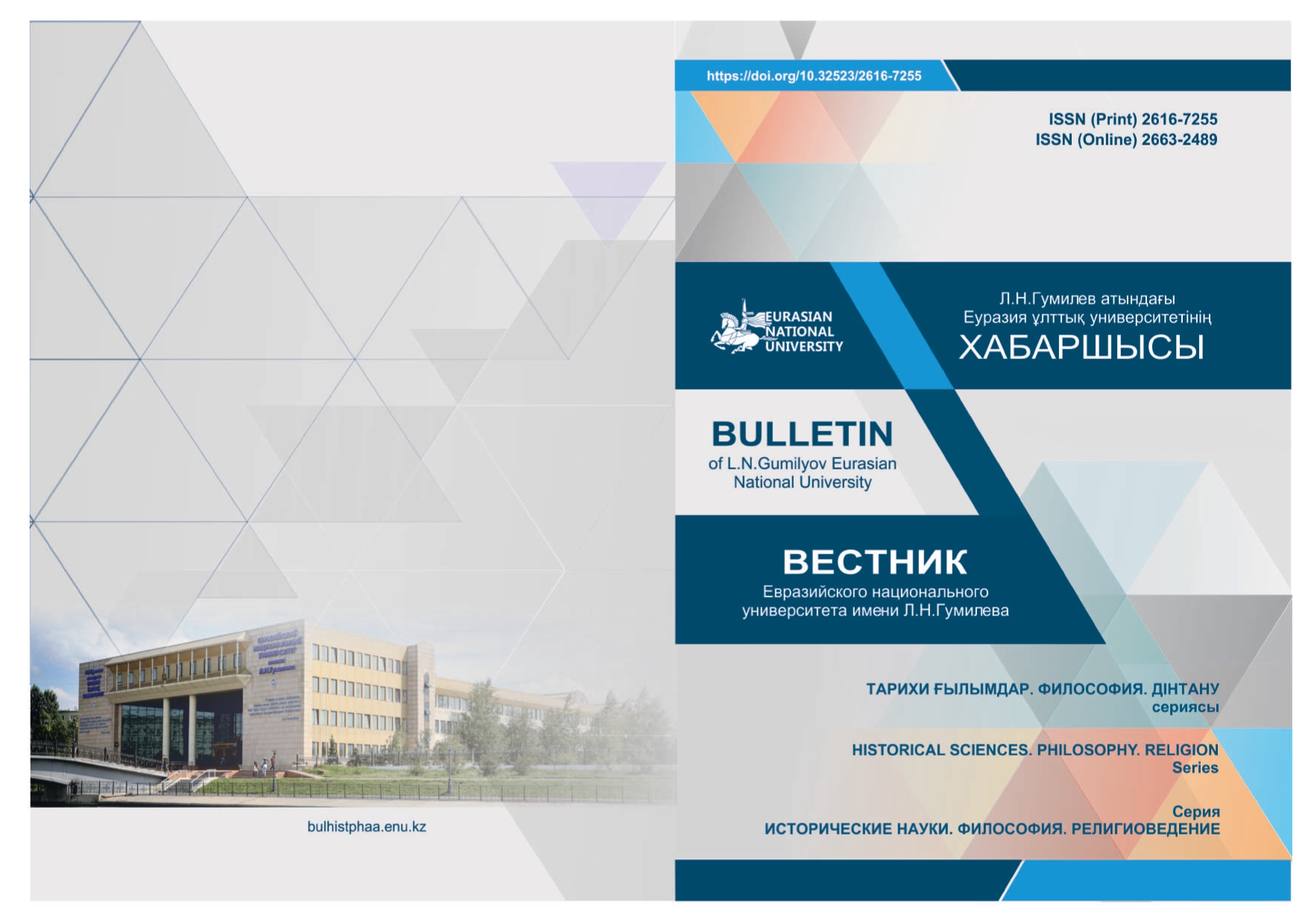Inheritance privilege in Islam and the legacy of women from fard owners
Views: 230 / PDF downloads: 756
DOI:
https://doi.org/10.32523/2616-7255-2022-141-4-172-183Keywords:
Quran, hadith, heritage in Islam, Miras teaching, Arab society, ford owners, inheritance law, share, proof, female heritage.Abstract
The science of the inheritance law of the Islamic religion is a developed area based on the centuries-old experience of Muslim scholars. Inheritance is one of the commandments of Almighty Allah, which, when properly performed, brings joy to the heart of a person, brings stability to his social life, and streamlines his relationships. The basic principle of Islamic inheritance law is the observance of the norms of the Koran. In the Islamic Sharia, Allah Almighty emphasized the science of inheritance and explained the problems in detail directly under his guidance. Allah Almighty in His infinite wisdom has shown us an unparalleled system of equitable distribution of the inheritance left by a deceased person among the heirs. In this system, there is no place for disputes and fights between heirs. This article provides a brief analysis of the concept of inheritance used in Islamic law in terms of linguistic and terminological definitions, the main sources of Islam, the Koran, and the hadiths of the Prophet. Issues related to the priority of Islamic heritage, as well as its significance in Islamic law, will be discussed. The basic principle of Islamic inheritance law is based on the norms of the Qur'an, with particular emphasis on rules and decisions. It is argued that the legal system of inheritance in Islam is very different from other legal systems and that no issue in the Qur'an is more detailed than the issue of inheritance. Sharia jurists will present their views on the science of inheritance in Islam and give a brief overview of the manifestations of inheritance law in pre-Islamic Arab society. The basic principles of the right of succession and the share of each female heiress from fard owners will be outlined.
Downloads

Downloads
Published
How to Cite
Issue
Section
License
Copyright (c) 2022 A.Sh. Zhamashev, I.R. Naurzaliyev, T. Koja

This work is licensed under a Creative Commons Attribution-NonCommercial 4.0 International License.







